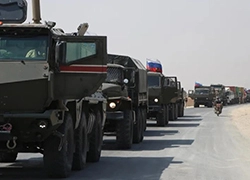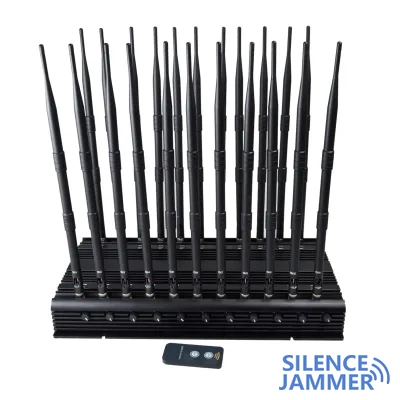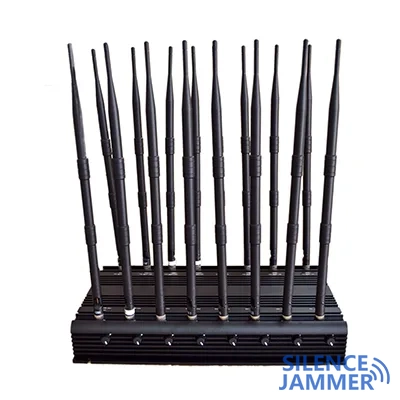Use of signal jammers in Europe
In some parts of the European Union, the illegal use of cell phone jamming equipment is prohibited, especially in public places such as trains and cinemas. This is because such devices interfere with normal communications and may hinder emergency calls. However, in recent years, the legal use of cell blockers has gradually expanded to specific occasions, such as prisons and government agencies.
Use of signal jammers in prisons
The Telecommunications Act (TCA) clearly states that prisons and police can use jamming systems to restrict communications within their jurisdiction after obtaining approval from OFCOM (Federal Department of Environment, Transport, Energy and Communications). Installing cellphone jammers in prisons can effectively prevent prisoners from using their phones for illegal activities, such as drug trafficking or planning prison breaks. These signal jammers can significantly improve prison security by blocking cell phone calls.
Although it is legal to use cell signal jammers in these special occasions, their application must be strictly managed to ensure that normal communications and emergency calls are not adversely affected.

Introduction to RF Signal Blockers and Their Use in Military and Security Operations
In addition to their use in prisons and government agencies, signal blockers also play a key role in modern military and security operations. In particular, RF signal blocker devices are devices that emit RF jamming signals specifically designed to counter remote-controlled improvised explosive devices (RCIEDs). These explosive devices usually rely on radio waves to receive detonation commands, and RF signal jammers can cover or block these detonation signals by emitting powerful jamming signals, thereby preventing the enemy from successfully detonating them.

In military operations, RF signal blockers play an important protective role in field convoys or military material transportation:
- Single vehicle and convoy protection: Whether it is a single vehicle or a convoy of multiple vehicles, RF jammer devices can continuously emit jamming signals to form an electronic "barrier" to prevent the enemy from using radio to detonate bombs.
- Uninterrupted operation capability: RF blocker devices are able to maintain continuous operation under various harsh conditions. This continuous protection is essential for the safe passage of convoys in high-risk areas.
- Adapt to complex battlefield environments: Fleet protection systems are usually installed on the roof or trunk of the vehicle to provide a wide range of protection while maintaining the mobility and flexibility of the fleet.
- Multi-band coverage capability: The multi-band coverage capability of the RF signal blocker device enables it to cope with different types of remote detonation threats and provide comprehensive electronic countermeasures protection.
- Preventing explosion threats: By effectively interfering with the enemy's radio signals, the RF blocker jammer can significantly reduce the risk of remote detonation and protect the safety of personnel and equipment in the convoy.
Jammers play an important role in legal scenarios
RF jammers play an indispensable role in specific legal occasions, such as prisons and military operations. Their reasonable use can effectively prevent criminal activities and improve security.




